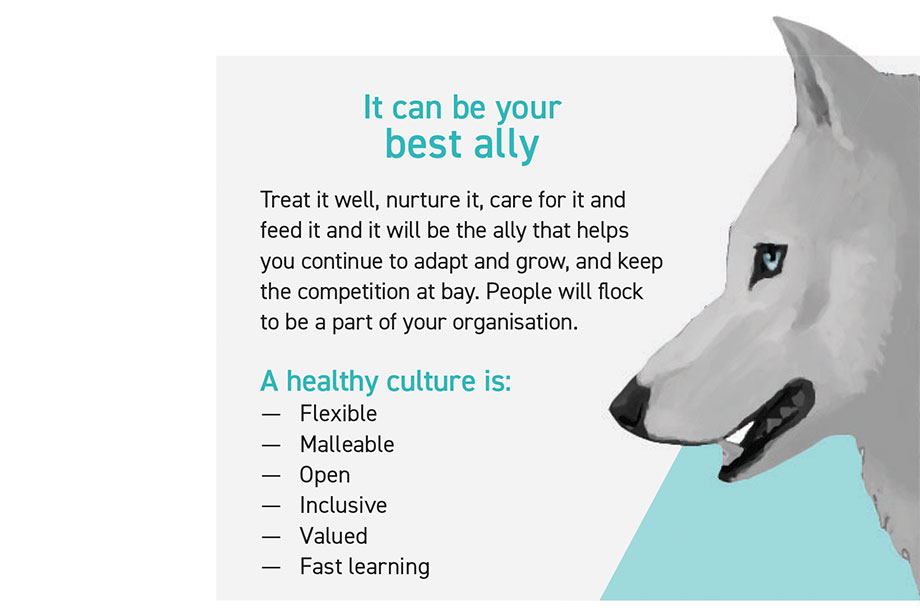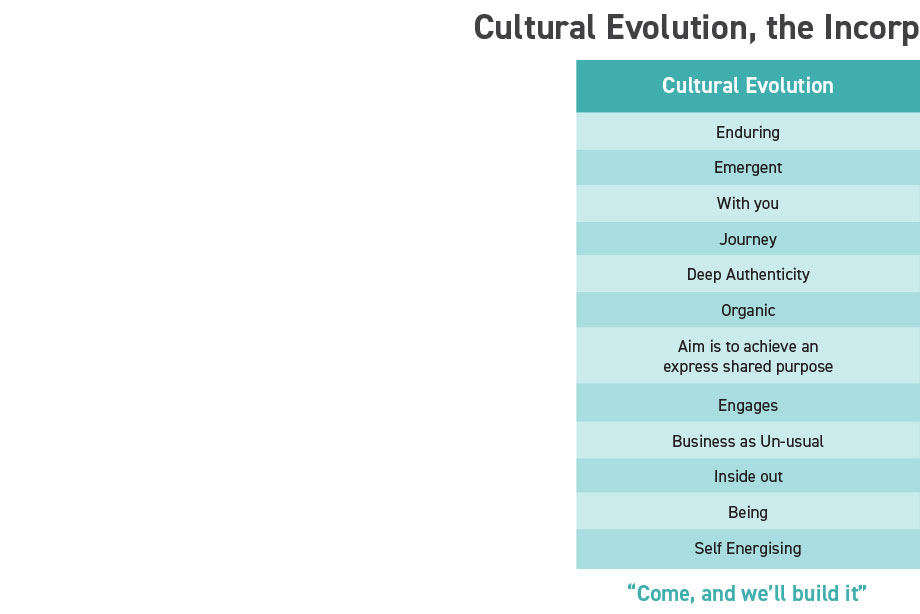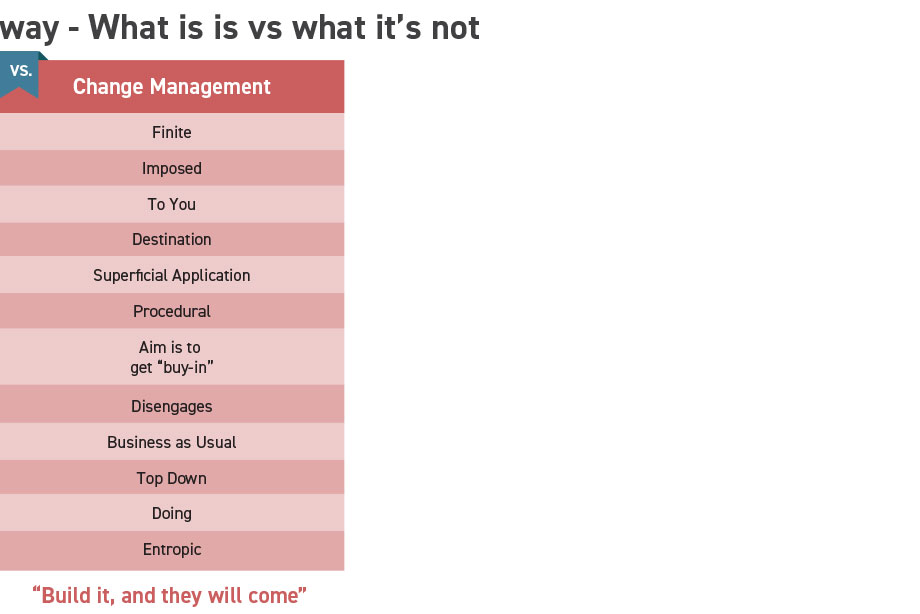Culture: your best ally or worst nightmare?
by Perry Gray
The health of an organisation’s culture shows when that team is under stress or duress.
Did the team take the challenges in stride and grow from the experience or did it crumble?
The COVID pandemic put every organisation under major stress, with some coming through it stronger, but most a little bruised and fractured.
Every progressive leadership team understands that a company’s culture is its “secret sauce” and is the foundation of its enduring success.
Unfortunately, this understanding of the importance of a healthy and resilient culture is mostly intuitive. There are no hard data measures, with such anecdotal metrics of net promoter scores, engagement levels, etc being seasonal and self-serving. These are not real indicators of the health of a culture.
Being so amorphous and intangible makes it very hard to understand or grasp and even harder to “control”.
Worse still, even though we intuitively understand the critical importance of a healthy and resilient culture, and as we can’t attach hard metrics to it and directly link it to company profits, the finance and executive teams find it almost impossible to build the business case to fund investment in building a “great culture”. To further complicate the business case, it requires a long term investment that doesn’t align with some short term agendas.
The highest performing businesses get it. As famously stated by Peter Thiel when providing funding to a start-up called Airbnb in 2012, when asked for the single most important piece of advice, he said “Don’t f#ck the culture”.
The culture needs to evolve in the desired direction and speed that will support the long-term corporate vision.
The Incorp team gets it. We can help your executive team get it too.




